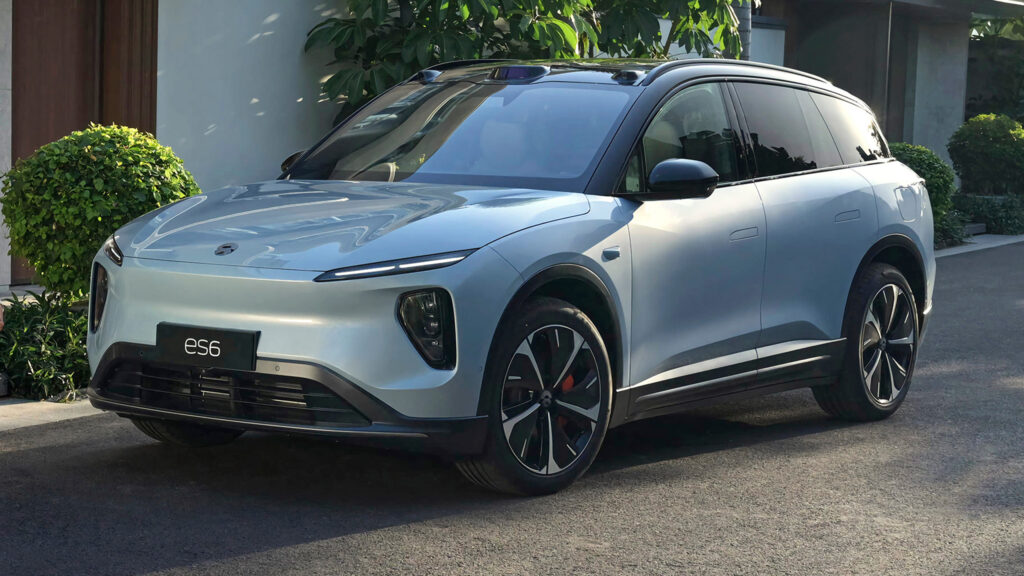Trade Tension Between Canada and China
China has expressed dissatisfaction with the 100% tariffs that Canada imposed on imports of Chinese goods, including electric vehicles, in October of last year. In response, Beijing has proposed canceling its moderate tariffs on Canadian agricultural products to encourage Ottawa to review the decision.
Position of Canadian Automotive Industry
However, the head of the Canadian Association of Automotive Parts Manufacturers warns against easing restrictions, cautioning that this could lead to cheap Chinese electric vehicles receiving state subsidies entering the market.
Initial Reasons for Tariffs
Canada explained the imposition of tariffs as necessary to protect national security and support domestic production. Government representatives also noted that the Chinese electric vehicle industry receives undue state benefits, creating unfair competition.
China’s Reaction
Beijing quickly responded by imposing its own tariffs on Canadian agricultural products: 100% on rapeseed oil and meat, and 75.8% on rapeseed seeds.
Proposal by Chinese Ambassador
Chinese Ambassador Wang Di stated that Beijing is ready to cancel its measures if Canada does the same. He emphasized: “If Canada cancels the unilateral unjustified tariffs on Chinese goods, China will also respond with reciprocity. If the tariffs on electric vehicles are lifted, China will also cancel tariffs on corresponding Canadian products.”

Canada’s Tariff Review
The Canadian government is conducting an informal review of tariffs on Chinese electric vehicles. Since the beginning of the trade dispute, exports from Saskatchewan in August fell by 76% compared to the same period last year.
Provincial Premiers Call for Tariff Cancellation
The premiers of Manitoba and Saskatchewan have called for reducing tariffs to protect local rapeseed producers, pointing to significant economic losses in these regions.
Opposition to Lifting Restrictions
Flavio Volpe, president of the Canadian Association of Automotive Parts Manufacturers, opposed any steps to cancel tariffs on Chinese electric vehicles. He noted: “I remind (the premiers) publicly that if Canada is in a trade war with a country, the response should be Canadian. These Chinese electric vehicles are not created for profit, they are subsidized. We are in the middle of a game, and the only thing that has changed… is that the Chinese ambassador said: ‘If you do this, we will give you that’. And the last time I checked, the Chinese ambassador was sent from Beijing, not from Ottawa.”

This trade dispute reflects the complex balance between protecting national industry and preserving export opportunities for key agricultural sectors. Canada’s decision will affect not only the future of the automotive market but also long-term trade relations with China, which could have implications for global supply chains and economic stability in the region.


 by
by 
